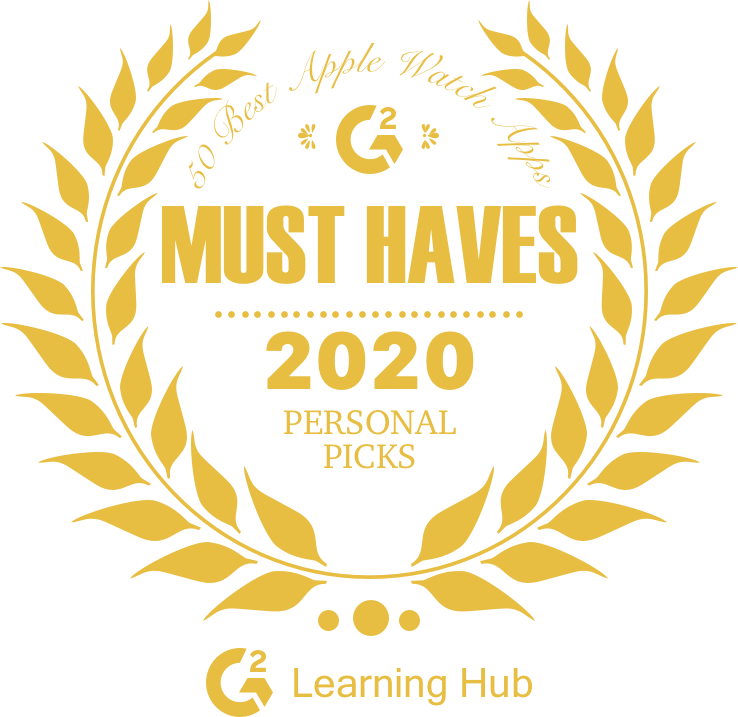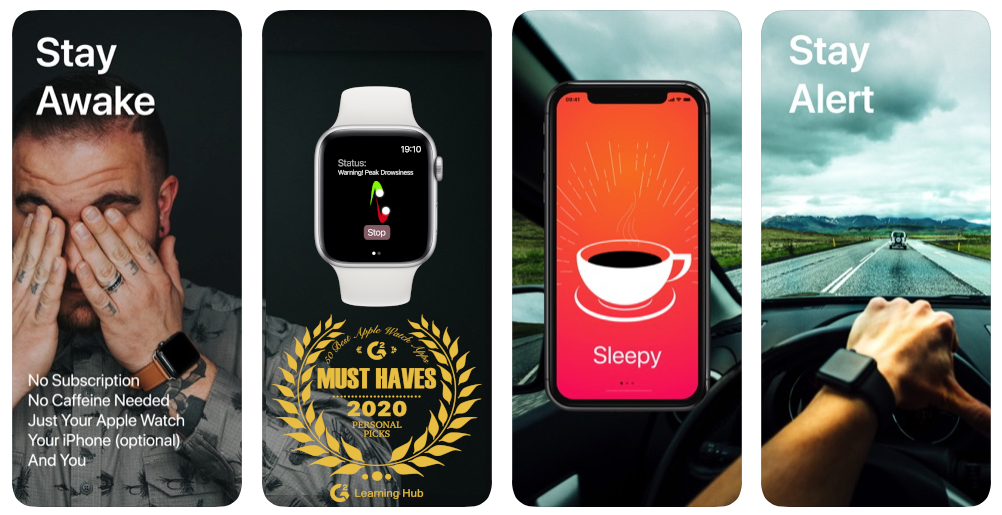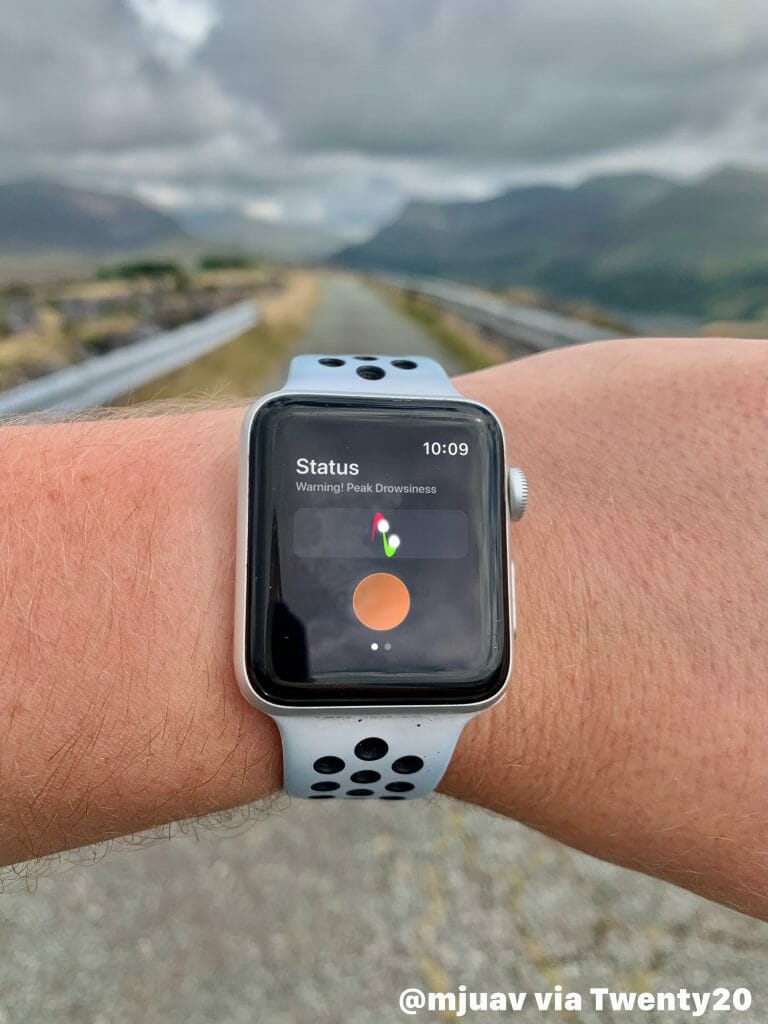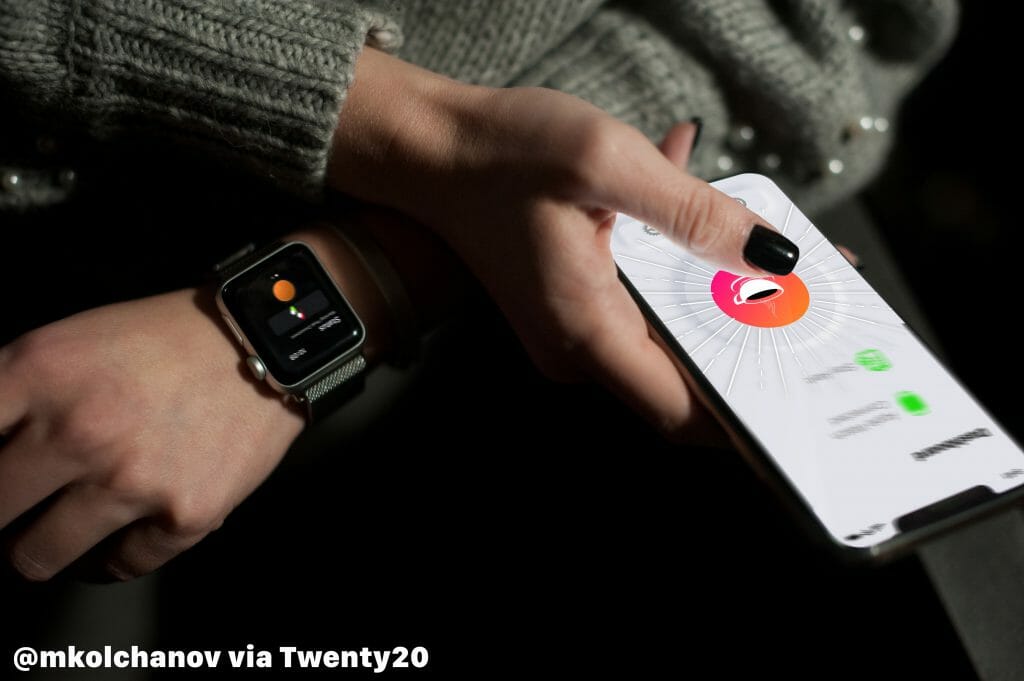Life After Deadlines – Cooling Down
Although I did meet my deadlines I felt shattered by the end of it! Looking back what could I have done better?
Dying to Make Deadlines
Take some well deserved downtime…
My last three deadlines have been very stressful. After each deadline passed I felt exhausted and didn’t want to do anything work related for at least a month. But alas, as I’m employed by someone else there’s always something more to do; another urgent deadline, another milestone to surpass.
Luckily for me, sometimes the work is really interesting and I get consumed by figuring out how to solve the latest problem, but working like this can make you feel like your the hamster on the wheel, going nowhere fast no matter how much effort and energy you put in to your work or study.
I hoped by speaking with the office Veterans about this someone would have some words of wisdom to help me get through this rut, but unfortunately the best advice was that it will soon pass.
It’s true and it does pass, but at what cost? Am I, like so many others doomed to work in this never-ending deadline loop with no reprieve, or are there better more sane ways of coping with the daily grind?
Creeping Debt
In previous articles I’ve explained about how we can inadvertently overload ourselves with stress without realising what we are doing. Unless we are aware of the potential to over burden ourselves, most people continue working in ways that eventually can lead to stress and illness.
With the case of my past three deadlines in mind I was eager to get on with the work and get things done. The first deadline had a three week completion date and the work that I had to do was planned out well and even gave me wiggle time to get things done.
Over the next three weeks things conspired, as they do, to make sure that I wouldn’t make the deadline without a fight! Creeping and changing requirements, things not working as expected and misunderstandings all took their toll. What this translated to was longer work days, less time to wind down when I got home, and more work to do fixing my mistakes that I made whilst working when fatigued. But good news, we made the deadline!
During the last week of the first deadline I was pulled into a meeting to discuss the second deadline, knowing that the next round of work began on the following Monday. The second deadline was just as well planned out as the first but with less wiggle room and more work. As you can guess the stress was starting to take its toll and the second round of work had even more difficulties than the first round.
By the time the third deadline was about to start I hardly had the mental energy to even think about things. I just hunkered down and did the best that I could given the circumstances. By the end of the last round I felt like I just wanted to curl up and sleep, but knew that there was more work coming.
The Breakdown
A similar situation is true for a lot of us whilst studying or working:
- You start off full of enthusiasm and eagerness to get things done
- You get things done and you feel that you are making progress
- As a reward you get more things to do
- After a few more cycles of getting things done and then getting more work to do you start to feel like it takes more effort to get the same things done
- Either the quality or quantity of your work starts to slip and others start to notice
- Things become a chore and you just work to put something in (usually not your best work).
Being unaware that you are under stress, you’re more likely to expose yourself to building up a stress debt that eventually can break you and leave you unable to work.
To complicate matters some of our lifestyle choices (which can be influenced by the amount of stress that we are exposed to) also impact on our health and further compound the stresses that we are already experiencing. For example alcohol abuse, smoking, not getting enough physical activity and being obese are all factors that can negatively contribute to your stress levels.
Stress itself is significant for survival. In small doses, it activates search activity, helps to solve many problems that a person faces that day, contributes to development, helps activate the body’s defences when fighting diseases. However, chronic stress is directly related to the onset and progression of many pathological conditions.
Shelestova, O., and . “COPING STRATEGIES AND MODELS OF OVERCOMING POST-STRESS CONDITIONS.” Herald of Kiev Institute of Business and Technology (2020).
Too much stress can lead to:
- Insomnia
- Anxiety
- Tension
- Emotional instability
- Difficulty concentrating
- Loss of memory
- Increased fatigue
Coping Strategies
Being able to identify when you are stressed is important as it allows you to take action to reduce your stress levels. In my case with the three deadlines, I continually ignored the signs that I was getting more stressed than I needed and as a result made it more difficult for me to complete my tasks.
I thought that I had it all under control as I took regular breaks whilst at work (even when working long hours), I still found time to exercise regularly and get in between 7 – 9 hours of sleep daily (although it was probably closer to 6 – 7 hours of sleep, which might not have been of the best quality due to stress).
And although I did meet my deadlines I felt shattered by the end of it! So looking back what could I have done better?
A Problem Aired
It turns out by having a group of people going through similar stresses that are willing to talk about them does help. For a start, the group can validate your feelings and help you not feel so isolated. Sharing your concerns with a councillor, support group or work colleagues can greatly reduce the effects of stress on your health. You also have access to other peoples insights and strategies that you may not of thought about which can be very beneficial. It also helps vent your frustrations, which thereby lessens your stress burden.
Move More
Even though I exercised regularly, I still found that I spent a lot of hours at my desk (because I only took 5 minute breaks by looking around the office or checking my email). As frustration and stress builds throughout the day taking a few minutes away from your desk and getting involved in some sort of physical activity does wonders. In the past I’ve practiced my martial arts forms or gone for a walk which have had the effect of lifting my mood and clearing my head. Do whatever works for you be it running, walking, swimming etc. It doesn’t matter what you do as long as you do something (especially when you feel your stress levels raising).
Chill Out Periods
And finally, take time off before starting your next assignment. One of the things that annoys me the most is being disturbed whilst working on a tight deadline to plan work to come. Why? It doesn’t make work more efficient and actively increases the stress load of those who have to do the work, as it makes it seem that you don’t get a chance to catch your breath. If you are in a position to organise the work, please give everyone at least one working day to recover from the last deadline (weekends and holidays don’t count). Spend a day between tasks to gather your self back together and spend time tying up any loose ends and if you are rested enough, looking through what work is to come (not in detail and not organising things), so that you can gently ease yourself into your next assignment.
Review
Ultimately your health and wellbeing are your responsibility so be nice to yourself and take some timeout to gather your thoughts and recuperate to prepare yourself for your next task.
The mistake I made with the three deadlines was to not take a breather between each assignment which lead to sub par results and frustration and loathing on my part.
Don’t scrimp on your down times, you may pay a bigger price in the long run.
Afterword
Multiply these [stressful] incidents over time and the ingredients for job-related stress overload that contribute to absenteeism, inefficiency, sabotage, and personal breakdowns will be present.
Hartman, .C. (1982). Stress Relief for Transportation Employees. Social Work, 27(5), 449-451.

Now available on the App Store, download it now!










